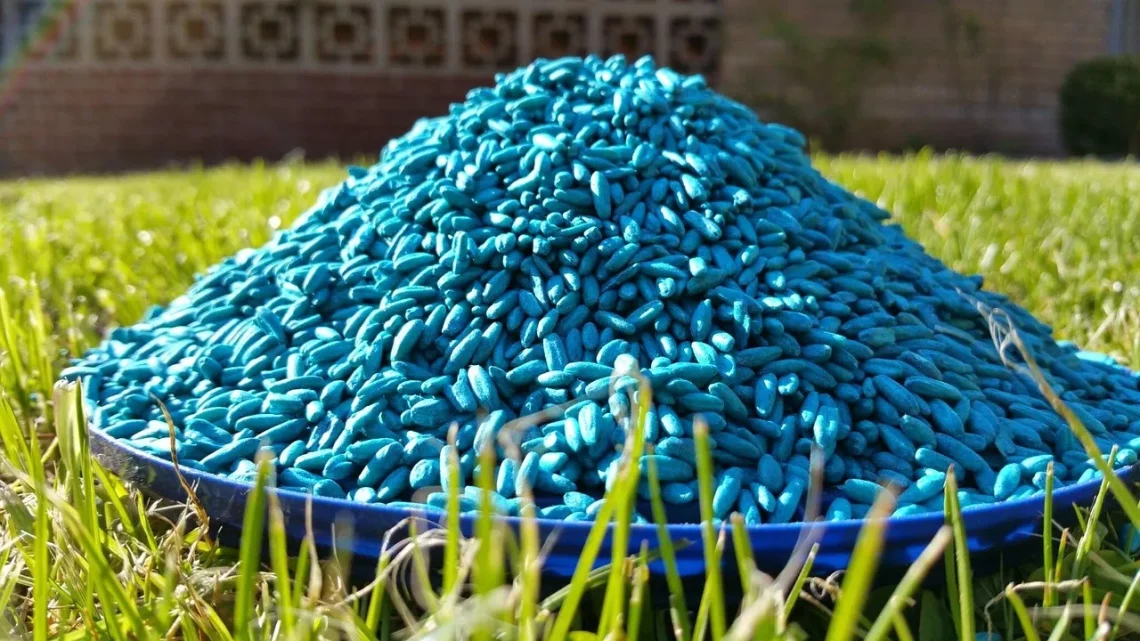
Safe Mouse Poison Options for Homes with Dogs
The presence of mice in and around our homes can be a significant concern, especially for pet owners. The idea of using traditional rodenticides often raises alarms due to their potential danger to beloved pets, particularly dogs. Mice can carry diseases and cause damage to property, making it essential to find effective solutions for managing these pests. However, the safety of our furry friends must always come first. As a responsible pet owner, the challenge lies in finding mouse control methods that are both effective and safe for dogs.
The market offers various options that can help mitigate mouse problems without putting your canine companions at risk. Understanding these alternatives is crucial for anyone who wants to maintain a safe and healthy home environment. While some methods rely on traps and baits, others utilize natural deterrents that can keep mice at bay without endangering pets. By exploring these safe options, pet owners can ensure their homes remain free from rodents while safeguarding their dogs from harmful substances.
As we delve into the world of safe mouse poison alternatives, it’s essential to consider not only the effectiveness of these methods but also the overall well-being of our pets. After all, the goal is to create a harmonious living space where both humans and animals can thrive without the worry of harmful chemicals or toxic substances.
Understanding Rodent Control Methods
When it comes to rodent control, there are several methods available, each with varying degrees of effectiveness and safety. Understanding these methods can help pet owners make informed decisions that offer peace of mind.
The most common approach is the use of traditional rodenticides, which are designed to kill mice quickly. However, these substances often contain anticoagulants or neurotoxins that pose significant risks to dogs if ingested. For this reason, many pet owners are hesitant to use them. Fortunately, alternative methods can provide a safer route to managing rodent populations.
One popular method is the use of traps, which can be either snap traps or electronic traps. Snap traps are designed to kill mice instantly, while electronic traps deliver a quick shock. Both options can be placed in areas where dogs cannot access them, ensuring safety. It’s crucial to regularly check these traps to remove any captured mice promptly and to avoid leaving them out for extended periods.
Another effective method is using bait stations, which can contain bait that is less toxic to dogs. These stations are designed to be tamper-resistant, allowing only mice to access the bait. This means that while the bait is effective in attracting and eliminating rodents, it minimizes the risk to pets.
Moreover, natural deterrents such as peppermint oil or cayenne pepper can be sprinkled around entry points. These substances can deter mice without posing any threat to dogs. Additionally, maintaining a clean environment can significantly reduce the likelihood of attracting rodents, as food scraps and clutter often serve as an invitation for mice.
By understanding these various rodent control methods, pet owners can select options that align with their values regarding pet safety. Exploring both traps and natural deterrents can provide a comprehensive approach to managing rodent issues while keeping dogs protected.
Natural and Non-Toxic Alternatives
Natural and non-toxic alternatives for mouse control are gaining popularity among pet owners who seek effective solutions without compromising their pets’ safety. These methods often use ingredients that are safe for dogs but still effective in repelling or eliminating rodents.
One of the most effective natural deterrents is peppermint oil. The strong scent of peppermint is known to repel mice, making it an excellent option for those looking to keep rodents at bay. To use this method, simply soak cotton balls in peppermint oil and place them in areas where you suspect mouse activity. Not only will this help deter mice, but it will also leave your home smelling fresh.
Another non-toxic alternative is the use of diatomaceous earth (DE). This natural powder is made from the fossilized remains of tiny aquatic organisms. While it is harmless to dogs, it can be lethal to insects and pests like mice. Sprinkling food-grade diatomaceous earth in areas where mice are likely to travel can help eliminate them by causing dehydration.
Additionally, employing a combination of natural repellents, such as vinegar and water solutions, can be beneficial. Mice dislike the strong odor of vinegar, making it an effective deterrent when sprayed in entry points and potential nesting areas.
Furthermore, creating physical barriers is a crucial step in preventing mouse entry. Sealing cracks and holes in walls, foundation, and around pipes can help eliminate potential entry points. Using wire mesh or caulk to seal these areas is an effective strategy that poses no risk to dogs while ensuring that mice remain outside.
By integrating these natural and non-toxic alternatives into your pest control strategy, you can create a safe environment for both your pets and your family. These methods not only help manage rodent populations but also promote a healthier living space free from harmful chemicals.
Using Professional Pest Control Services
For those who find themselves overwhelmed by a rodent infestation, seeking professional pest control services can be a practical solution. Many pest control companies are aware of the concerns surrounding pet safety and offer services designed specifically for homes with pets.
Before hiring a professional, it’s important to communicate your specific needs and concerns regarding your dogs. Reputable pest control services will typically have protocols in place to ensure the safety of pets during treatment. They may use bait that is less harmful to animals or focus on mechanical traps that do not pose risks to your dogs.
Professionals often conduct thorough inspections to identify the source of the infestation and formulate a tailored plan to address the problem. This can include recommendations for sealing entry points, eliminating food sources, and implementing safe trapping methods. Their expertise can help ensure a comprehensive approach that effectively manages rodent populations while prioritizing the safety of your pets.
Moreover, many pest control companies offer follow-up services to monitor the situation and ensure that the rodent problem has been resolved. This ongoing support can provide peace of mind to pet owners who want to maintain a safe environment for their dogs while effectively managing pest issues.
While professional services may come with a cost, the benefits of having experts handle the situation can outweigh the potential risks of DIY methods that may inadvertently harm your pets. By choosing a reputable pest control service, you can maintain a rodent-free home without compromising the well-being of your dogs.
In conclusion, managing rodent populations in homes with dogs requires a thoughtful approach that balances effectiveness with safety. By exploring various methods, from natural deterrents to professional services, pet owners can create an environment that is both safe for their pets and free from pests. Remember, it’s essential to prioritize the health and well-being of your furry friends while addressing any pest control concerns.
**Disclaimer:** This article is not intended as medical advice. For any health-related issues, always consult with a qualified veterinarian or healthcare professional.




